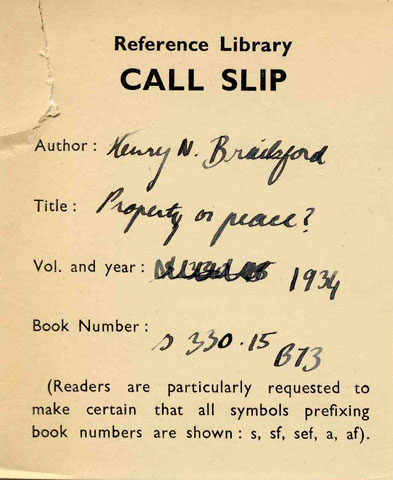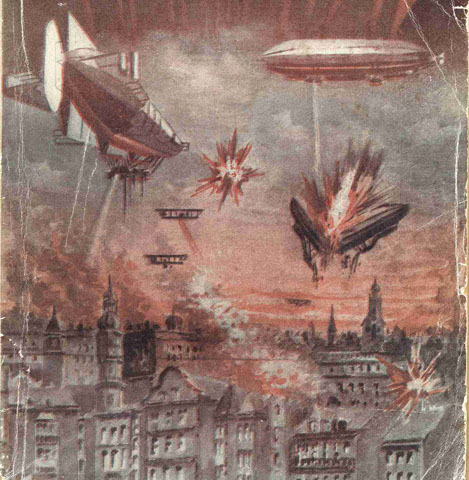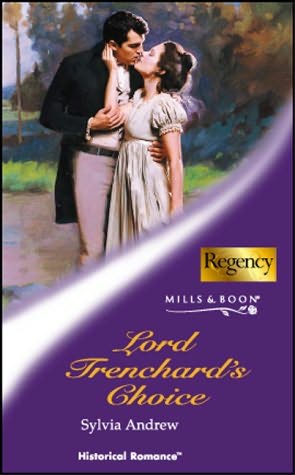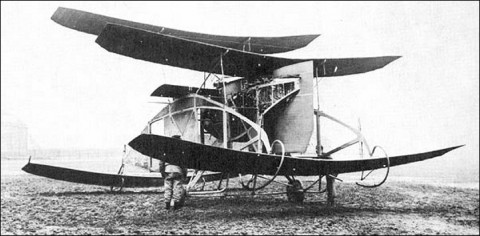That was unexpected
Today, I was reading an account of the Cambridge Scientists’ Anti-War Group in Gary Werskey, The Visible College (London: Allen Lane, 1978). On p. 230 I came across the following passage: The Association of Scientific Workers strongly endorsed their work,48 as did J. B. S. Haldane. I turned to the endnotes to check the reference, […]





